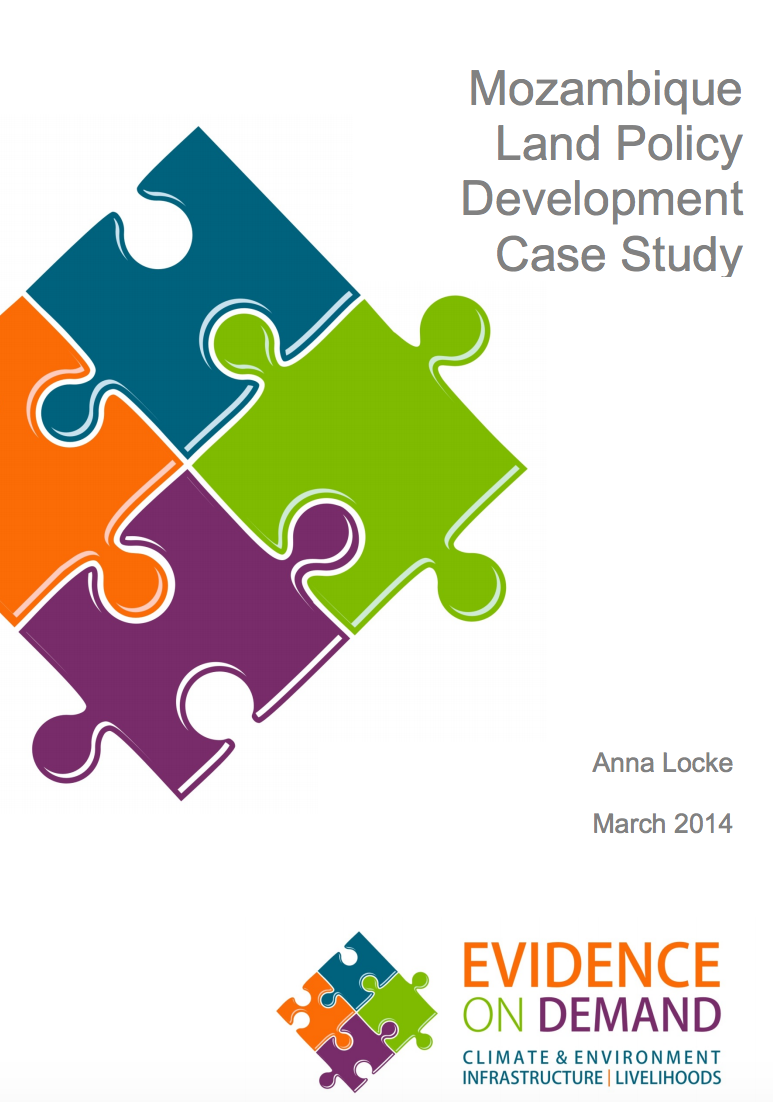2013 Welthunger-Index : Herausforderung Hunger : Widerstandsfähigkeit stärken Ernährung sichern
Die globale Hungersituation hat sich seit 1990 verbessert, wie der Welthunger-Index 2013 anhand von Daten aus dem Zeitraum 2008-2012 zeigt. Der WHI ist um ein Drittel gesunken. Dennoch ist die weltweite Hungersituation nach wie vor „ernst“. 870 Millionen Menschen hatten laut Schätzungen der Ernährungs- und Landwirtschaftsorganisation der Vereinten Nationen (FAO) im Mittel der Jahre 2010-2012 nicht genug zu essen. Südasien und Afrika südlich der Sahara haben die höchsten WHI-Werte.






